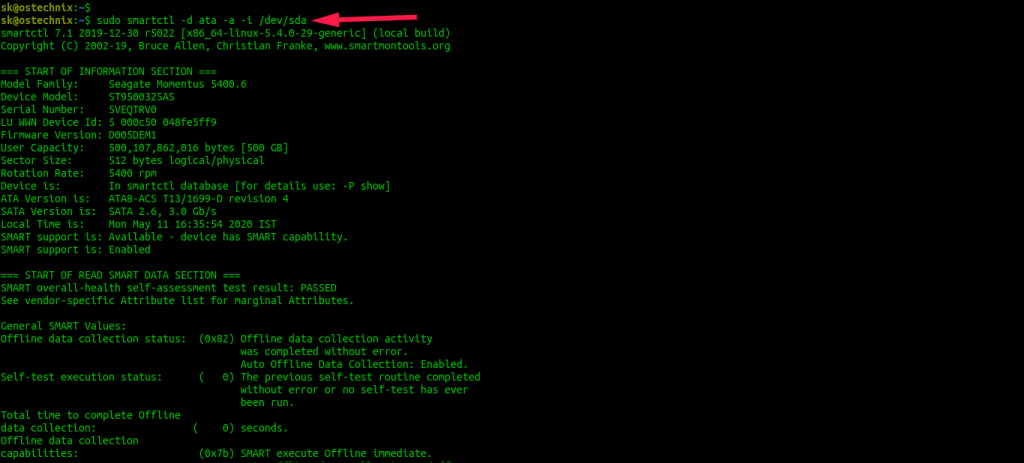

So far I've been using zpool status and zdb and trying to grok their man pages but as I do that I'm wondering if there are other tools and commands I've missed in looking. I've been looking for how I can monitor the health of this pool, preferrably over SSH/CLI but I tend to keep finding web/GUI recommendations and systems like Proxmox, and I'm sure they're great, and something for my future, but right now I'm trying to understand some ZFS nuts and bolts on the command line. I'm new to ZFS, having previously used simple drive and LVM setups with rsynch for psudo-mirroring before on Linux. The -f is there are the disks are dissimilar sizes, so I get the smaller size, and that's fine right now. Sudo zpool create -f zfs-alpha mirror /dev/sdb /dev/sdc Note that your hard drive is always susceptible to bad sectors and other issues, no matter how safely you use.On Ubuntu Server 20.04.3 I've created a 2 disk ZFS pool using the following from the Ubuntu page: If you want to learn more about the settings of “smartd”, run this command in the terminal: man smartctl There are tons of other available options for advanced users. # smartctl -H /dev/sddįor learning the result(s) of the scan(s), use this command: # smartctl -a /dev/sdd Run this command to check out for any disk error or bad sector. There are lots of abilities that the daemon tool can perform. Systemctl start smartd Using “smartd” for checking bad sectors or disk errors If you want to start the process at every time during the boot, run this command: chkconfig on smartdįor RHEL/CentOS, use these commands: systemctl enable smartd # cat /etc/nfĪfter completing the edit, restart the daemon service.

Here, I’ll be showing the example using “/dev/hda”. You can edit the “/etc/nf” file for configuring the facility. There is a system that you can use to configure the tool for scanning specific devices only. Configuring the “smartd” for running on selective disk(s) only But most likely, you won’t run into this problem unless your hardware is really old. If you don’t have the luck, you won’t have the SMART capability. “SMART support is: Enabled” means that the tech is enabled on your device. The line “SMART support is: Available – device has SMART capability” will ensure that your device is capable of S.M.A.R.T technology. Run this command in the terminal: smartctl -i /dev/sda capabilityīefore using the software, you have to ensure that your device is capable of it.
Linux disk health install#
If you’re running Ubuntu or other Ubuntu-based distros, use this command in the terminal: sudo apt-get install smartmontools Verifying the S.M.A.R.T. Run this command in the terminal: sudo yum install smartmontools

This tool doesn’t come up by default on your system. Installing smartdįor installing the software, run the codes according to your Linux distro. By using the tool, you’ll become concerned and mark your next steps.įor using the technology, we will be using “smartd”. This tech gathers valuable information about the health of the drive. In today’s world, most of the physical hard drives (HDD and SSD) integrates a nice feature called “S.M.A.R.T.”, meaning “Self-Monitoring Analyzing and Reporting Technology”. Thus, you can follow precautionary steps to prevent any type of potential problems in the upcoming future. For Linux systems, there’s an awesome daemon (helper program) available that can check out the physical drive for any issue and report to you. Any issue in the disk drive can lead to serious issues like data corruption or system crash. They hold numerous data – important and non-important. Disks are one of the most important parts of the storage category.


 0 kommentar(er)
0 kommentar(er)
